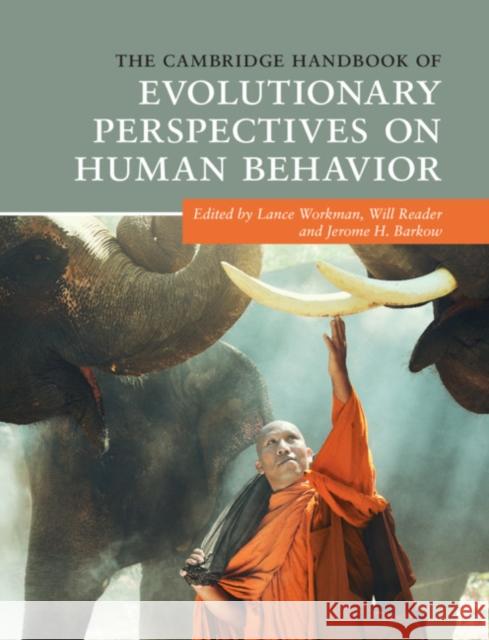The Cambridge Handbook of Evolutionary Perspectives on Human Behavior » książka
topmenu
The Cambridge Handbook of Evolutionary Perspectives on Human Behavior
ISBN-13: 9781316642825 / Angielski / Twarda / 2020 / 578 str.
The Cambridge Handbook of Evolutionary Perspectives on Human Behavior
ISBN-13: 9781316642825 / Angielski / Twarda / 2020 / 578 str.
cena 882,50
(netto: 840,48 VAT: 5%)
Najniższa cena z 30 dni: 836,67
(netto: 840,48 VAT: 5%)
Najniższa cena z 30 dni: 836,67
Termin realizacji zamówienia:
ok. 16-18 dni roboczych.
ok. 16-18 dni roboczych.
Darmowa dostawa!
This handbook integrates a wide range of perspectives on the relationship between evolution and the human condition.











